
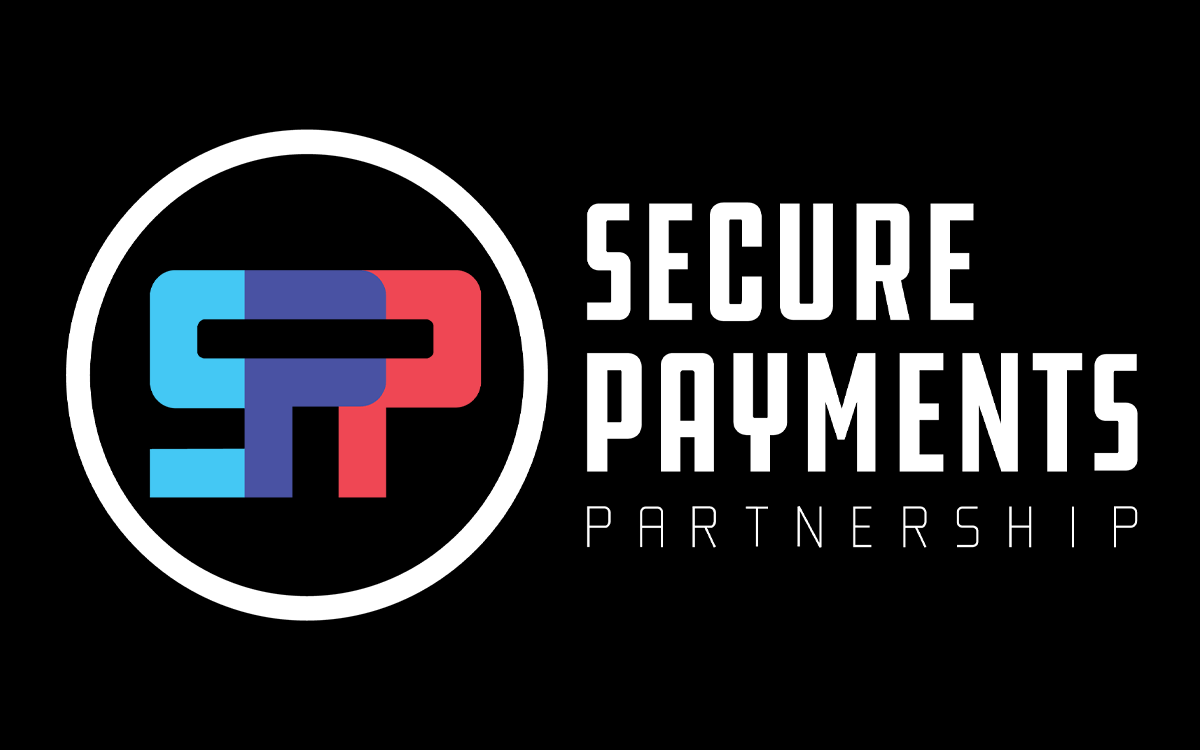
Dear Representative Welch: Thank you for your letter to the Federal Trade Commission calling for vigilant antitrust oversight of standard-setting activities involving the development of mobile payment and
payment security technologies. We appreciate receiving your views and hearing your concerns
in relation to these developing markets. […] The Commission takes seriously the risk that major financial services incumbents might utilize their positions […]

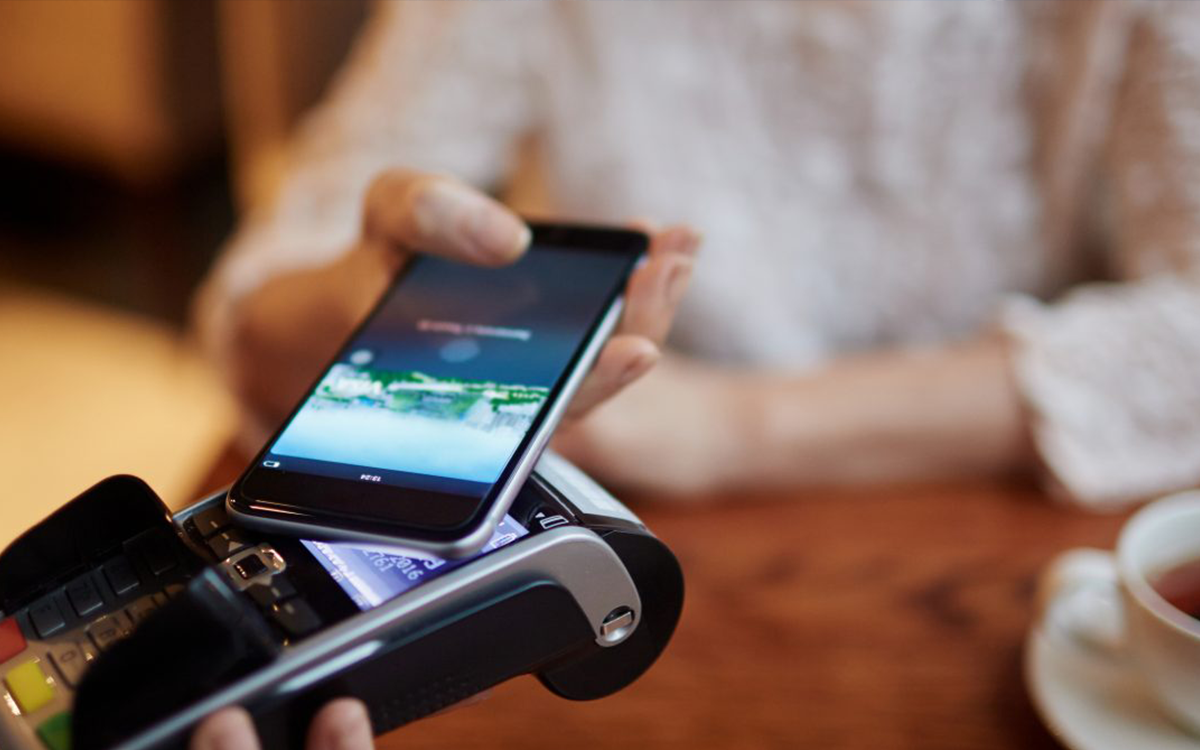
SPP hopes to open up the process to competing card networks, merchants, consumers and financial institutions, so that all stakeholders can work together to increase the security and transparency of payments, and limit the effects of fraud, the release said. The partnership will also focus on meeting consumer expectations for security, convenience and flexibility in payment options, as new technologies emerge.


SPP was formed to anticipate new and better technologies for making secure and fast payments. SPP believes all parties involved must work together in order to achieve successful payment security, increase transparency, and limit fraud. […] SPP looks to harness technologies such as mobile and wearable payments, biometrics, artificial intelligence, geolocation, IP verification, blockchain, and others to benefit all users.


The National Retail Federation and other major merchant associations have teamed up to form a new coalition aimed at improving payment security in the US. […] Called the Secure Payments Partnership, the new coalition will focus on user authentication, the establishment of open standards, and competition in network routing, among other payment security concerns.

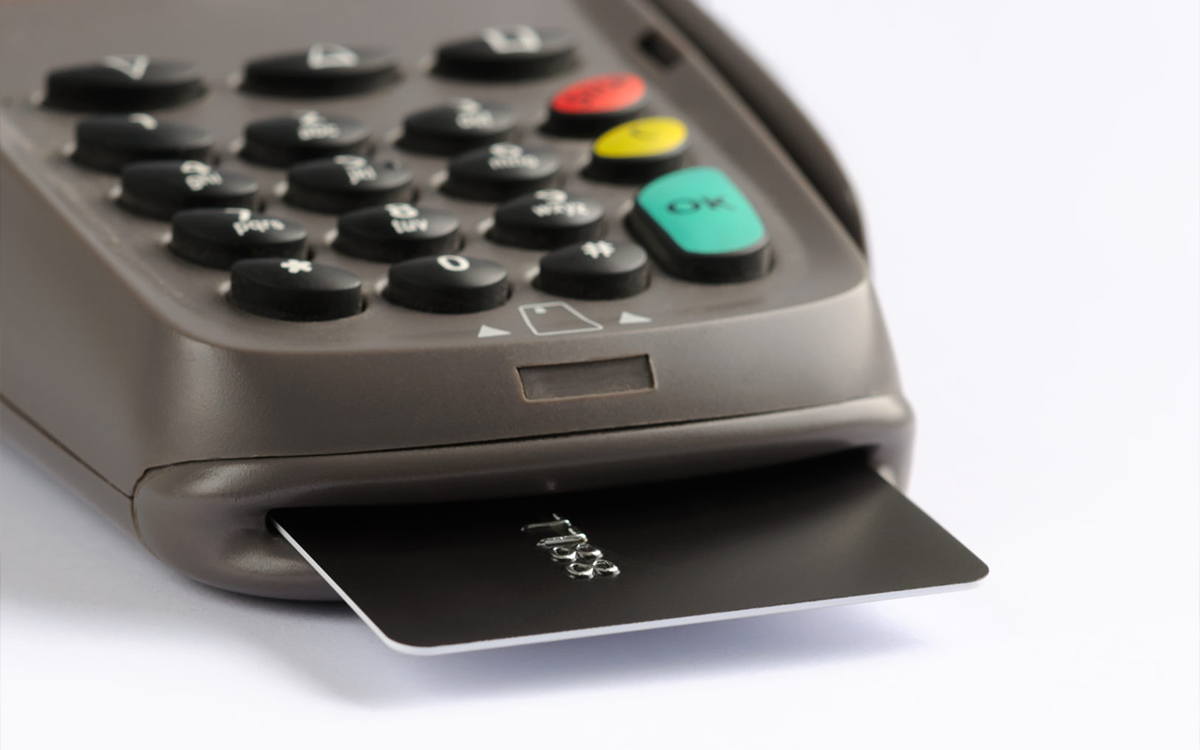
“Security is the focus. We’re not talking about fees here,” he says, adding that the SPP will keep a close eye on new technologies that affect payment security, including cryptocurrencies and mobile payments. The group’s first goals are to inform stakeholders about security-related issues that affect them, he says. Besides merchants, those stakeholders include community banks and credit unions, smaller processors, and even consumers, he says.


Large merchant-trade groups along with 2 debit-card networks have launched a group that will focus on security standards for card payments. The Secure Payments Partnership will aim for a more-open process in setting security standards through legislation or regulation. The group is comprised of the Star and Shazam debit-card networks and trade associations which represent grocers, convenience stores and retailers large and small.


Retail and payments industry leaders today announced the formation of the Secure Payments Partnership (SPP), a unique partnership formed to promote security across the payments system. SPP marks the first time these interests representing diverse parts of the payments system have joined forces to address the ongoing battle against payment fraud and devise improvements for the U.S. card payment system.

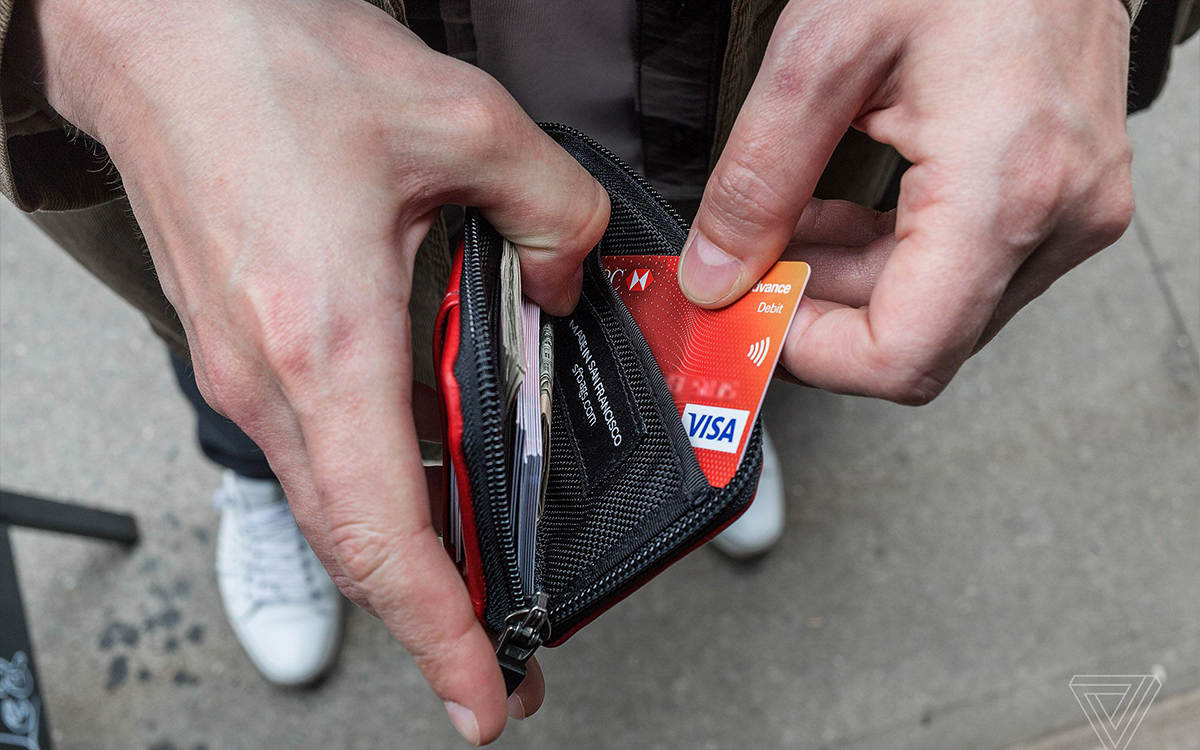
Some users in the UK and other parts of Europe are experiencing problems paying for purchases with Visa cards for several hours now, as first spotted by Bloomberg today. It turns out Visa is experiencing a network failure, with the company now saying it’s investigating the issue. […] Users who only have Visa cards in their wallet are left dealing with long lines at train station ticket counters and limited means of paying for purchases.

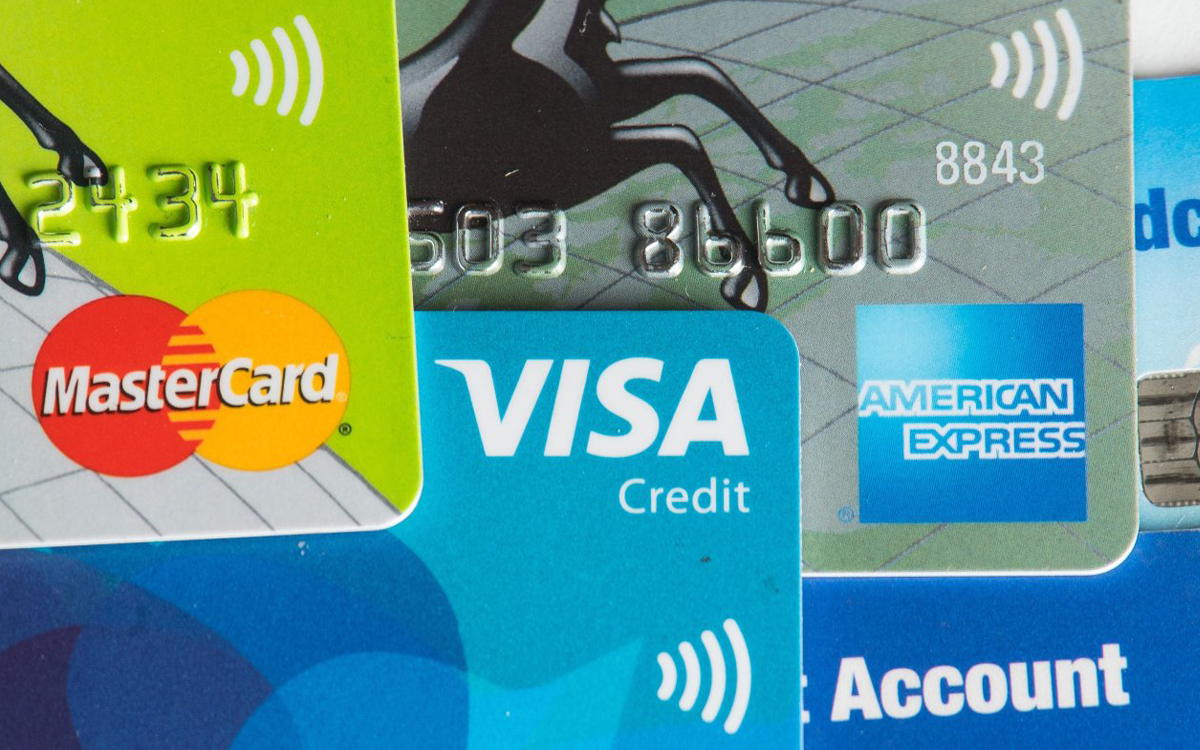
“The meeting occurred several weeks after the FTC received a bipartisan letter signed by nine congressional representatives that asked the regulator to “closely review” standards that the large card networks are implementing and to ensure they aren’t “used to anticompetitive ends.”

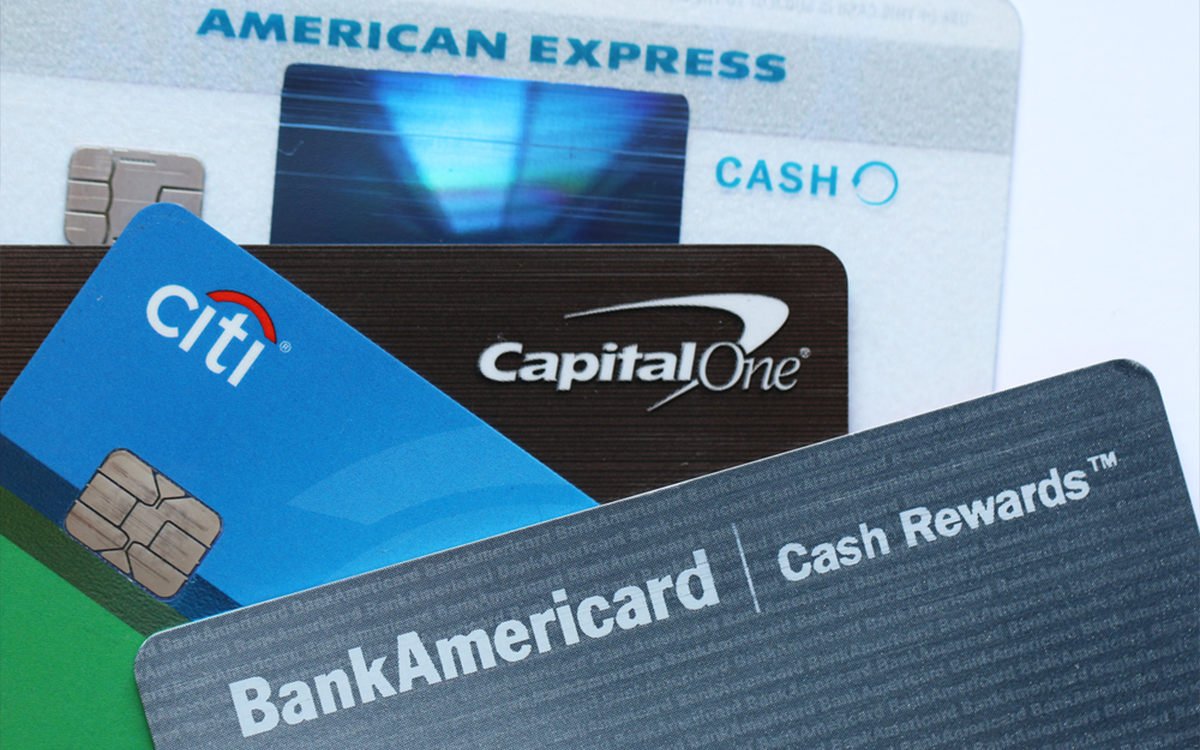
Remember, that PIN works like your debit card. You’re required to enter it when you go to make a purchase. That helps prevent people from stealing your physical card and using it to rack up fraudulent charges. If they don’t have the PIN, they probably can’t use the card — even if they have the card in hand. When given the option, make sure you opt for chip-and-PIN cards over chip-and-signature cards. The PIN is what stops people who may take your actual card and use it without your authorization.
